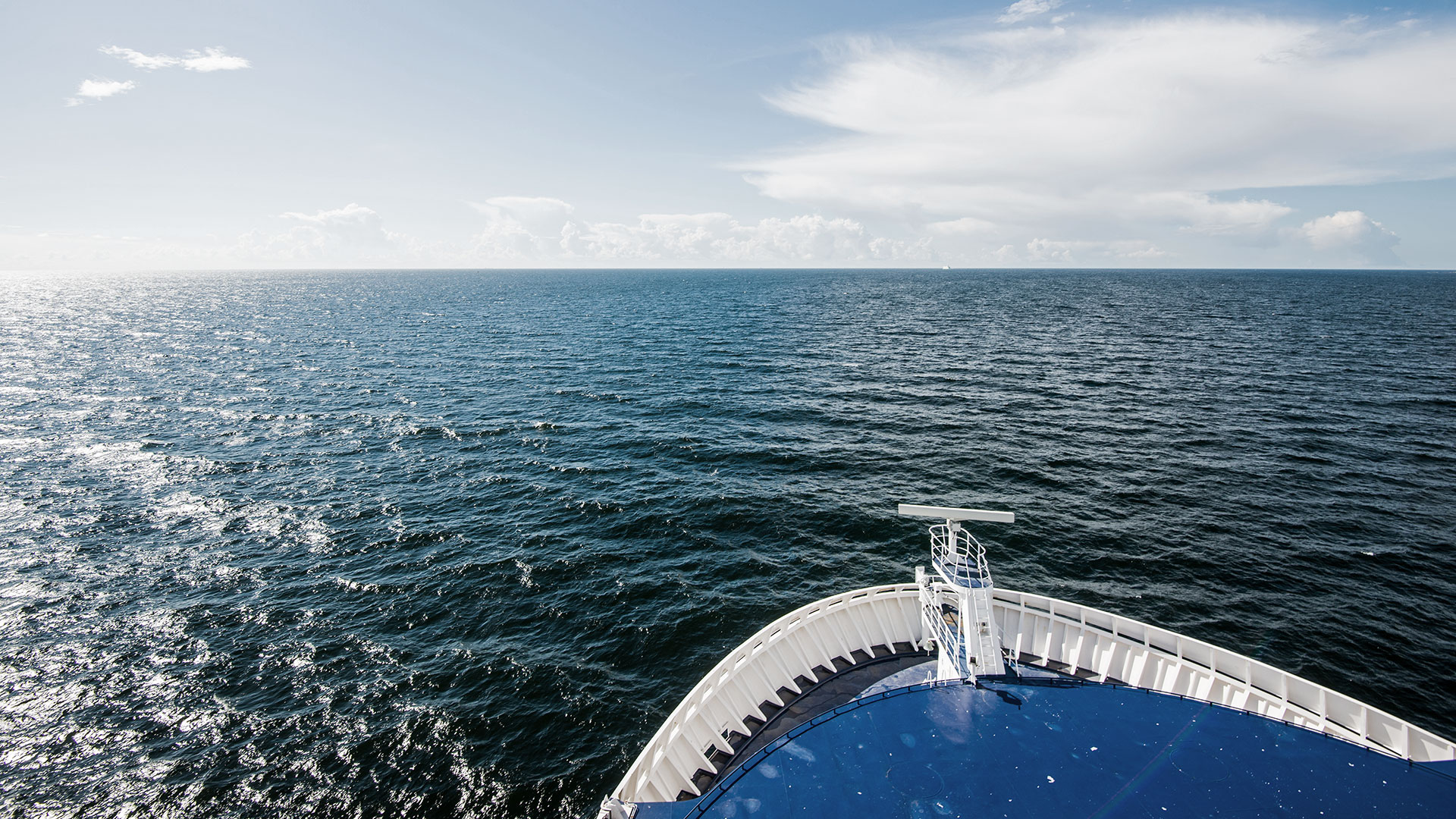Responsible investing has been a hot topic this autumn, despite the fact that it isn’t really anything new. In fact, the UN’s responsible investing guidelines turn ten years old this year. What are the issues that investors focus on today?
Responsible Investors and Active Owners


Jarno Tanhuanpää
Investors as Drivers of Change
When visiting Finland in August, Roel Nieuwenkamp of the OECD described how the focus investors have put on responsibility has completely changed the game. For example, a Dutch pension fund sold its holdings in pharmaceuticals company Mylan after it was alleged that the company’s drugs were being used to carry out executions in the US.
Institutional investors have taken the lead in the field of responsible investing for a while now, and require that ESG (environmental, social and governance) principles be complied with in their investment targets.

Private equity investors are also increasingly viewing potential investments through the lens of responsibility. Concrete evidence of this is that the Finnish Venture Capital Association is currently drafting responsible investment recommendations for its members. The recommendations point investors towards active ownership.
The key is not just to have responsibility principles in existence, but to actively weave them into the daily operations of target companies. High standards for responsibility and their effective implementation can also serve as strategic advantages when raising venture capital.
Incorporating ESG Principles into Legal Documentation
We currently seem to be seeing a kind of ESG 2.0 phenomenon. Investors and parties managing investments have a more solid will to commit to ESG principles. The clearest evidence of this is the incorporation of responsibility issues into standard legal due diligence reviews of investment targets. We have also been discussing how to incorporate ESG principles into investment documentation in a way that would be legally binding on the parties.
Reaping the Benefits of Business Opportunities
Investors have a twofold interest in responsibility issues. An ESG analysis will provide investors with an assessment of a target company’s current state. The analysis can also be used to guide an active ownership policy and steer the target company away from a path that could lead to identified cost risks being realised. On the other hand, an investor’s focus on responsibility issues can open up entirely new business opportunities based on, for example, sustainable development.
Responsibility is here to stay, and companies would be wise to make the most of the business opportunities brought by sustainable development, for example, in the circular economy.














